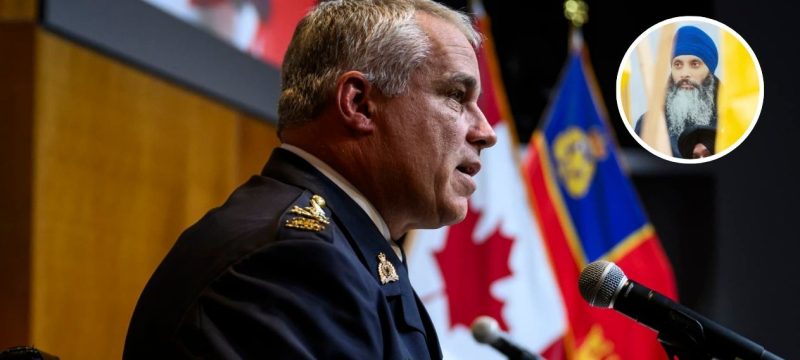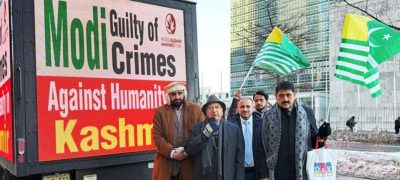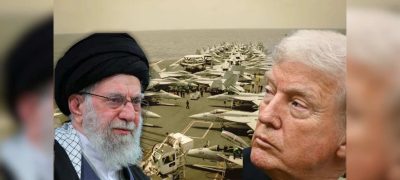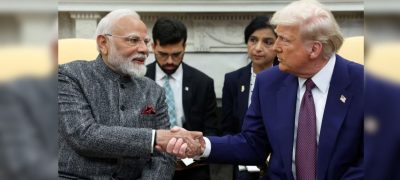Canada expelled six Indian diplomats, including the high commissioner, on Monday, linking them to the killing of a Sikh separatist leader. The country also accused India of a broader scheme targeting Indian dissidents residing in Canada.
In response, India ordered the expulsion of six senior Canadian diplomats, including the acting high commissioner, and announced the withdrawal of its own envoy from Canada, contradicting the claims of expulsion made by Canada.
This diplomatic standoff marks a significant breakdown in relations between the two Commonwealth nations. Tensions have been high since Canadian Prime Minister Justin Trudeau claimed last year to have evidence linking Indian agents to the assassination of Sikh leader Hardeep Singh Nijjar in Canada.
Read more: Thousands March in Canada for Parental Rights
At a press conference, Trudeau stated that the Canadian government now holds “clear and compelling evidence” that Indian government agents have been involved in activities that pose a serious threat to public safety. These include covert intelligence operations, coercion, targeting of South Asian Canadians, and involvement in over a dozen violent acts, including murder.
Trudeau condemned India’s actions, calling them a “fundamental error” and labeling such criminal activities in Canada as unacceptable.
India has consistently denied these allegations. On Monday, it dismissed Canada’s actions and accused Trudeau of pursuing a “political agenda.”
The Royal Canadian Mounted Police (RCMP) revealed that India had allegedly undertaken a wide-ranging campaign against Indian dissidents, which involved homicides, extortion, and the use of organized crime to target the South Asian community in Canada, along with interference in democratic processes.
The decision to expel the Indian diplomats came after the RCMP gathered substantial evidence identifying six individuals of interest in the Nijjar case, the Canadian foreign ministry said.
In response, India demanded that six Canadian diplomats leave by Saturday and summoned Acting High Commissioner Stewart Wheeler, who is currently Canada’s top diplomat in India. India also cited concerns over the safety of its diplomats, stating that it did not trust the Canadian government to guarantee their security, prompting the withdrawal of its officials.
Major Rupture:
Canada’s Foreign Minister Melanie Joly revealed that the government had requested India to lift the diplomatic immunity of six diplomats, allowing Canadian investigators to question them regarding criminal activity allegations. However, when India refused to cooperate, Canada was forced to expel the diplomats.
Joly emphasized that Canada is not seeking a diplomatic confrontation with India, but made it clear that the country would not tolerate foreign agents being linked to threats, harassment, or even attempts to kill Canadians.
In October 2023, Canada withdrew over 40 diplomats from India after New Delhi demanded that Ottawa reduce its diplomatic presence.
Fen Osler Hampson, an international relations professor at Carleton University, stated that the situation has escalated from a diplomatic rift to a significant rupture in relations with India, making a return to normalcy unlikely in the near future.
Canada has the largest Sikh population outside Punjab, and recent protests by the community have frustrated the Indian government.
The U.S. has also accused Indian agents of being involved in an attempted assassination of another Sikh separatist leader in New York last year. An Indian national, reportedly working for an unnamed Indian official, has been indicted.
An Indian government committee investigating the attempted assassination will meet with U.S. officials in Washington, according to the U.S. State Department. The accusations of plots to assassinate Sikh separatists in Canada and the U.S. have strained relations with India, as both countries seek to strengthen ties with India to counter China’s growing global influence.









